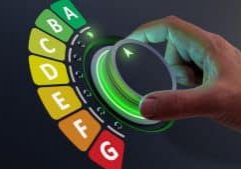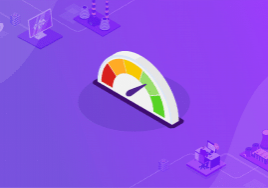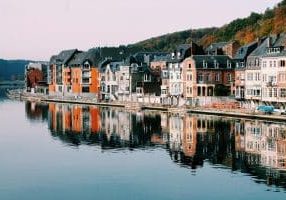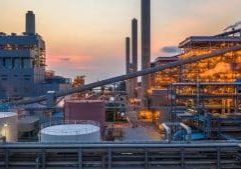At a time when companies are being asked to mobilize collectively in record time to reduce their energy consumption by 10%, most of them can only really measure it by discovering their enormous bill at the end of the month. Unable to keep up with soaring prices, some companies have decided to simply shut down production lines or suspend services this winter. Yet energy strategy is at the heart of their concerns. A recent study shows that 59% of industries consider reducing their energy consumption as a priority for the next 3 years, and 61% are considering or have already started a low-carbon strategy. [1] But how many of them are really looking behind their meter, and how many have equipped themselves with the necessary tools to measure their energy consumption in real time?
Knowledge is Power
We are not condemned to trial and error. In the face of the challenges we have been confronted with, the use of data is a precious and powerful lever to enlighten decision-making and take action. Digital technology must be fully mobilized to reduce energy consumption, because the search for sobriety can only mean the temporary sacrifices of a winter, and stopping entire sectors of activity cannot be economically feasible.
Many services essential to our society cannot afford this. Hospitals, for example, cannot unilaterally reduce their energy consumption without affecting the quality of services and the health of patients. An operating room must be maintained at 18° C at all times... while the price of energy has doubled. Caregivers are even paying the impact of gas prices on the purchase of oxygen and anesthetic gas for their patients. [2]
These sacrifices cannot and must not be our only horizon in terms of sobriety. To start a real aggiornamento of industries and companies and support this trajectory towards more sobriety without impacting their activities, energy efficiency must be the first step. In this respect, digital tools are an accessible and appropriate means of obtaining tangible results in the short term, without cutting into business or committing to heavy investments, especially in these inflationary times. Thanks to data-driven management, it is already possible to accurately assess a company's energy consumption site by site, item by item, line by line, in real time, and to precisely identify the means to optimize it.
For a Sobriety That Leaves Its Footprint ... Decarbonized
The driving force behind this effort to reduce energy consumption is of course the race against climate change. Energy transparency is a powerful and tailored lever for the most energy-intensive companies, enabling them to establish more ambitious sobriety plans without jeopardizing their business. To be collectively up to these challenges, it is essential to base our energy decisions on data and facts: measuring and managing our energy consumption means giving ourselves the means to face up to the situation as of this winter, but it also means committing ourselves fully and resolutely to a long-term energy transition process.
Everyone must take part in this essential mobilization. The support of public authorities is crucial to enable the large-scale deployment of digital solutions that allow for greater sobriety: let's make energy efficiency the first lever of action, not only to consume less in the coming weeks, but especially to consume better in the coming years.
Article written by Vincent Sciandra, CEO of METRON.
Want to learn more about the METRON Energy Management & Optimization System (EMOS)?










